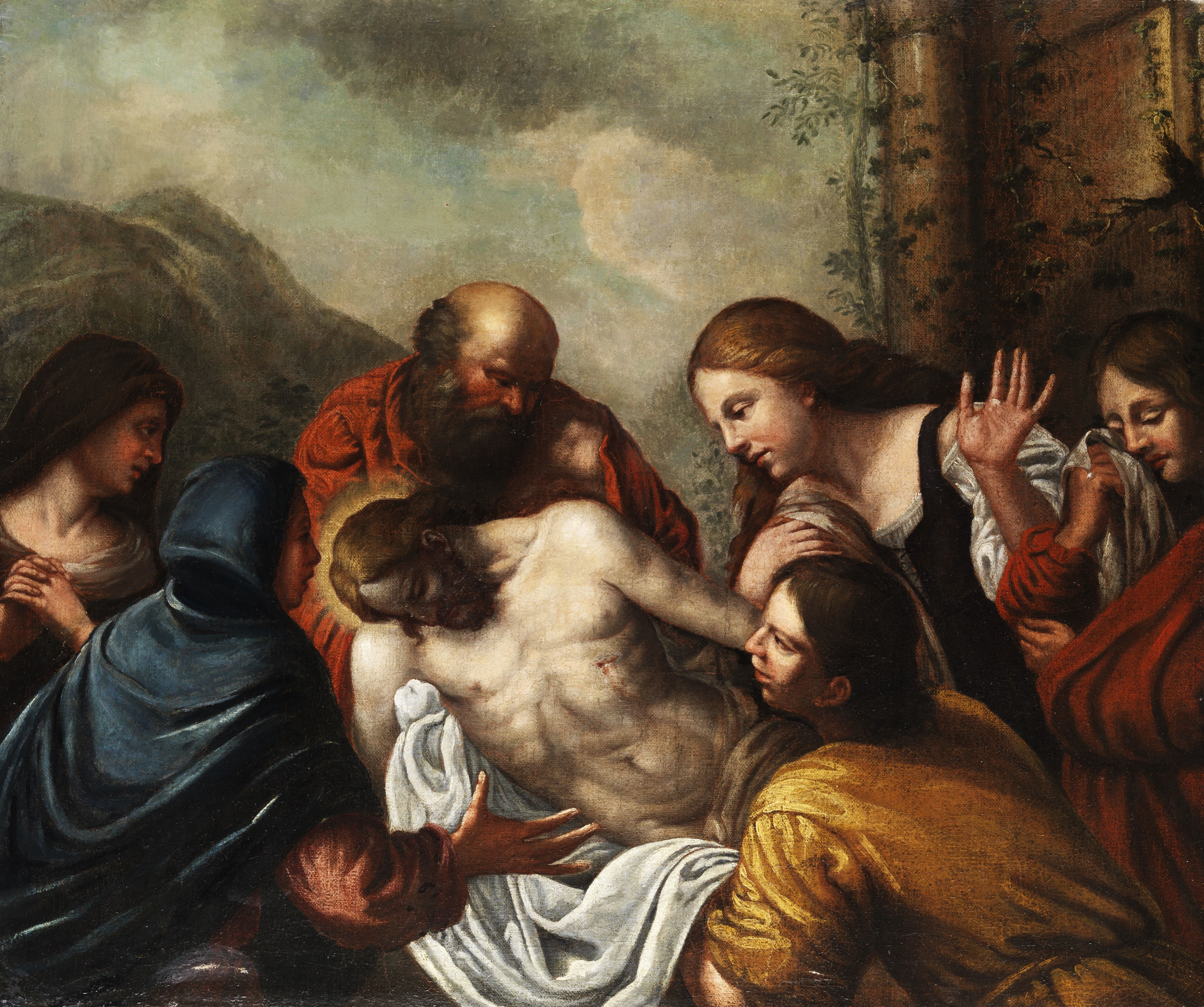Yesterday was (for most of us) the Feast of the Epiphany, which commemorates the Magi’s visit to the Infant Jesus. It’s easy to turn it into something schmaltzy, but this is actually one of the most theologically rich parts of the Bible.
- Gold: As I’ve explained before, Psalm 72:8-10 prophesies that the Messiah would receive gifts from “the kings of Sheba and Seba,” and Ps. 72:15 specifically mentions “the gold of Sheba.” Gold, of course, is the customary gift for a powerful king. But the Psalm hints that the Messiah is more than a King: it ends cryptically, by speaking of the Messiah and the “LORD, the God of Israel” as if They are One and the Same, and have the same Name (Ps. 72:17-19).
- Frankincense: This is the incense poured upon sacrifices offered to God (see, e.g., Lev. 2:1-2). Isaiah 60 builds off of Psalm 72, and foretells that “all from Sheba shall come bearing gold and frankincense” for the Messiah (Is. 60:6). This confirms what Psalm 72 hinted at: that the Messiah will be both King and God. But Isaiah 60 hints at something even bigger: frankincense is poured upon a sacrifice. Like Isaac, we’re left wondering, “where is the lamb for the burnt offering?” (Gen. 22:7).
- Myrrh: The startling fulfillment to Psalm 72 and Isaiah 60 comes in Matthew 2:11. The Magi come and worship the Christ Child. Even the LDS, who deny that Christ is to be an object of worship, concede that in Mt. 2:11, the Magi “saw the young child with Mary his mother, and fell down, and worshipped him.” They then present him gifts: gold, frankenincense … and myrrh. The first two were prophesied, but the third is a shock. It’s an embalming spice, and while it’s very expensive, it seems like a tasteless gift, particularly for an infant. Father Ryan Erlenbush has a great post explaining just what myrrh is, and how it was used in ancient times to prevent decomposition in corpses. In fact, Nicodemus pours myrrh upon Christ’s Body after His Death (John 19:39-40).
 |
| Jan de Bray, The Adoration of the Magi (1674) |
 |
| Christ’s Descent from the Cross (17th c.) |
This third gift answers the question that Isaiah 60 left hanging, the question that Isaac asked on the road to Mt. Tabor. Abraham’s answer is correct: “My son, God will provide himself a lamb for a burnt offering:” (Gen. 22:8). But John the Baptist’s answer is more specific, when he cries out upon seeing Jesus, “Behold, the Lamb of God who takes away the sin of the world!” (John 1:29).
The Magi’s gifts are rather peculiar, even startling. But this is fitting, for so is Christ.

I actually read this passage before I went to work this morning (I’m slowly working my way through the New Testament this year) and I did query the use of the word “worship” on the lips of Herod:
“Go and search carefully for the Child ; and when you have found Him, report to me, so that I too may come and *worship* Him.”
I’m not sure how good a translation this is. The word rendered here as “worship” is “Proskuneo”. It does appear to have a range of meanings, from homage to worship. For example, it’s also used in Matthew 18:26 to describe a slave begging before his master.
Can any Greek scholars out there clear this up for me?
David,
I’ve got a post that deals with that to some extent, but I don’t pretend to be a Greek scholar.
I.X.,
Joe
(I pretend)
😉
A good read, but I find it hard to believe that Herod, a monotheistic Jew would so easily talk about “worshipping” a child. To give homage to a newborn king, that I can understand.
(Not because Herod was pious, but because of the scandal it would have caused among his subjects, the vast majority of whom already hated him)
David,
I think you underestimate Herod. He’s the consummate politician. To the Jewish chief priests and teachers of the law, he asks simply “where the Messiah was to be born” (Mt. 2:4).
It’s only when he’s with the (Gentile) Magi in secret (Mt. 2:7) that he talks about worshiping Jesus (Mt. 2:8), and that’s probably because the Magi had already announced their intention to worship Him (Mt. 2:2).
That is, Herod is saying to each group what that group wants to hear. I know, I know, this is shocking behavior from a politician.
I.X.,
Joe
P.S. In the other post, I hopefully made clear that my position isn’t that every instance of proskyneō applied to Christ must mean worship, but simply that some of them obviously do. It would be an incredible stretch for proskyneō to mean worship in almost every case in the New Testament, except as applied to Christ. I know that that’s a somewhat broader point than what you asked about, but I wanted to make sure I clarified.
Ah, good point. Context, context, context… 🙂